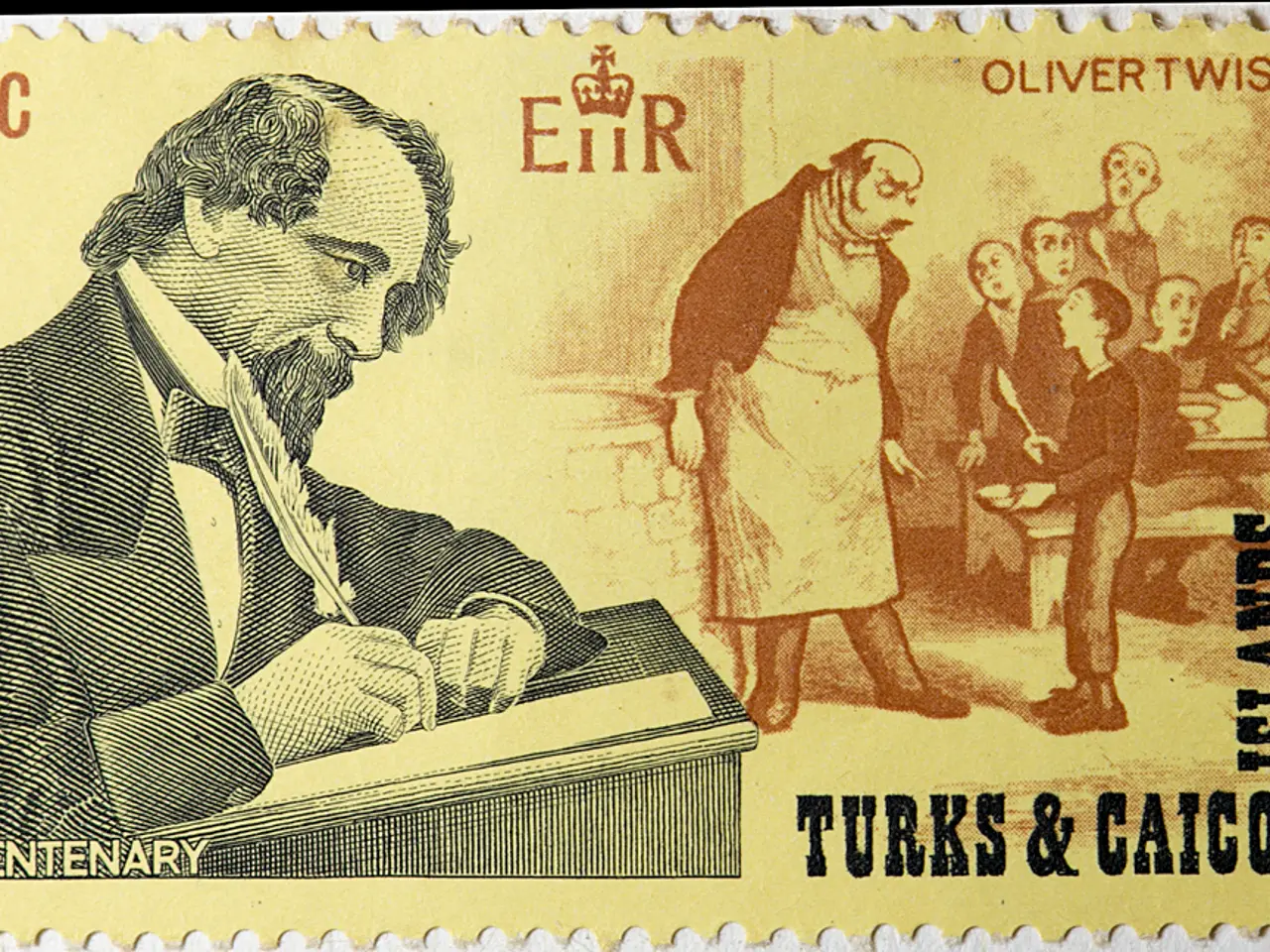Let's Make Driving Licenses More Affordable: Minister's Proposal
Reduced driving license fees: up to 4500 euros saving possible
Germany's Federal Transport Minister Patrick Schnieder is calling for a drop in the cost of driving licenses, which he claims have skyrocketed to an average of 4000-4500 euros. "That's way too much money," the CDU politician said, emphasizing the need for a roundtable discussion with other ministries, states, and associations to explore potential solutions.
According to Schnieder, it's crucial to understand the factors causing the steep rise in prices, such as administrative fees, learning materials, driving lessons, and tuition at driving schools. With uneven failure rates in theory (39%) and practical (37%) exams, many learners are forced to take multiple attempts, resulting in additional costs.
The High Cost of Driving Education in Today's Germany
Driving school and license fees have witnessed a substantial boost in Germany in recent years, outpacing the overall increase in consumer prices. The Federal Statistical Office revealed a 5.8% surge in prices in 2024 compared to the previous year.
This trend isn't new; driving school and license costs have escalated disproportionately compared to traditional consumer prices. The ADAC suggests that learner's costs can amount to 4500 euros. The CDU, CSU, and SPD coalition agreement speaks of plans to reform driving training to make the license acquisition process more cost-effective while preserving high standards.
While specific large-scale reforms aren't fully detailed, potential solutions could involve:
- Enhancing driving education quality to lower failure rates and the need for extra lessons.
- Regulating pricing more strictly across regions and driving schools to eliminate wide cost disparities.
- Subsidizing driving lessons or streamlining administrative procedures to reduce fees.
In essence, the dramatic surge in driving license costs can be attributed to factors like high failure rates during exams, inconsistent pricing across regions, and the quality of driving education. Ongoing discussions aim to make driving licenses more affordable, namely through better training, competitive pricing, and potential subsidies.
EC countries could consider implementing vocational training programs that focus on the automotive industry to address the rising costs of driving education in Germany. Such programs could provide affordable alternatives for individuals seeking driving licenses, potentially reducing the financial burden through potential subsidies and industry partnerships in financing. Furthermore, the transferable skills gained from vocational training could also benefit the participants in the broader business and transportation sectors.




